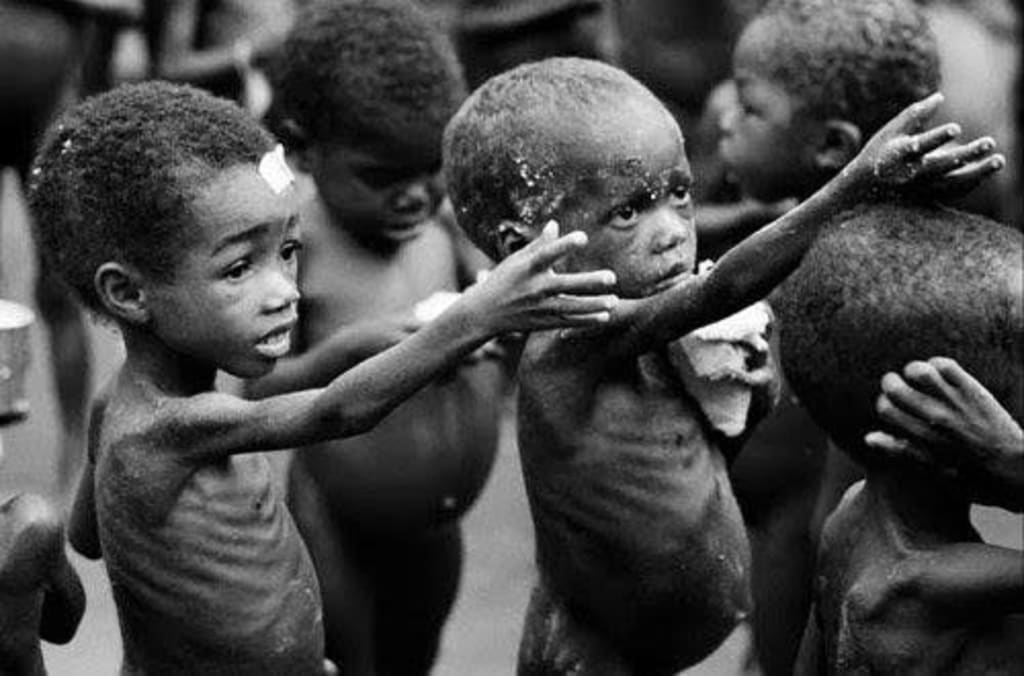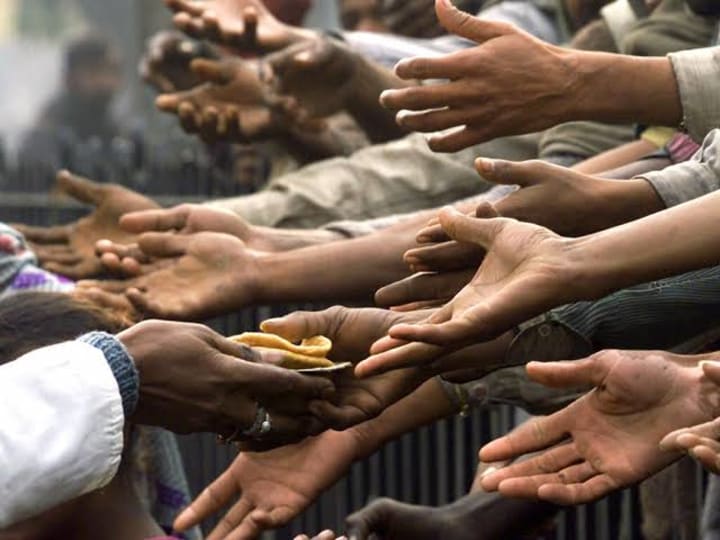
Food is a basic human need, and unfortunately, not everyone has access to it. In many parts of the world, poverty and hunger go hand in hand, with millions of people struggling to access sufficient nutritious food. In light of this, some people have suggested that food should be made free for the poor. This idea raises important ethical, economic, and logistical questions, which must be explored in depth.

Ethical Considerations
From an ethical perspective, ensuring access to food for everyone, regardless of their financial status, is undoubtedly a noble goal. Hunger is a major cause of suffering, and many people struggle to access sufficient food to meet their basic nutritional needs. Making food free for the poor would help to alleviate this suffering, and could be seen as a way of fulfilling a basic human right to food.
However, there are also ethical concerns associated with making food free for the poor. For example, some may argue that this policy would unfairly penalize those who are not poor, who would be required to bear the cost of providing food to others. This could be seen as an unjust redistribution of resources, particularly if those who are not poor are already struggling to make ends meet.

Economic Considerations
From an economic perspective, the idea of making food free for the poor raises many questions. Firstly, who would pay for this policy? If the cost of providing free food to the poor were borne by the government, this would require a significant increase in public spending. This, in turn, could lead to higher taxes or cuts in other areas of public spending, which may not be desirable.
Another economic concern is that making food free for the poor could create unintended consequences. For example, if food were made free, this could create a moral hazard, where people are encouraged to rely on free food rather than seeking paid employment. This could lead to higher unemployment rates, lower economic growth, and greater long-term poverty.
Logistical Considerations
Finally, the logistics of making food free for the poor are complex. How would free food be distributed to those who need it? Would it be distributed through government-run programs or through private charitable organizations? How would the quality and nutritional value of the free food be ensured?
Moreover, making food free for the poor could create a range of practical challenges. For example, if free food were made available, this could create a sudden surge in demand, which may be difficult to manage. Additionally, the cost of providing free food could be prohibitively high, particularly in countries with large populations and high levels of poverty.

Conclusion
In conclusion, the idea of making food free for the poor raises many important questions that must be carefully considered. While ensuring access to food for everyone is undoubtedly a noble goal, it is important to recognize that there are ethical, economic, and logistical challenges associated with making food free for the poor.
Ultimately, the best way to ensure that everyone has access to sufficient food is likely to be a combination of public and private initiatives. Governments can play an important role in providing financial assistance to those who are struggling to access food, while private organizations can work to improve the availability and affordability of nutritious food.
While there is no easy solution to the problem of hunger, it is clear that a concerted effort is needed to address this issue. By working together, we can help to ensure that everyone has access to the basic human right to food, and that no one is left to suffer from the devastating effects of hunger and malnutrition.





Comments
There are no comments for this story
Be the first to respond and start the conversation.